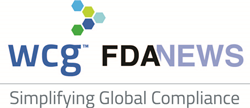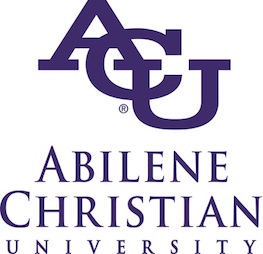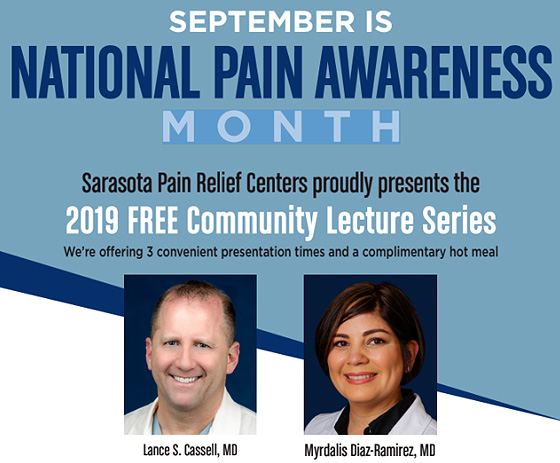ASHA is providing these facts to help demystify what can sometimes be a confusing process for parents—and to help them be proactive about their concerns.
ROCKVILLE, Md. (PRWEB)
August 21, 2019
As children across the country embark on a new school year, some will have their first experiences with being evaluated or treated for speech and language disorders through the school system. This is something that occurs only with a parent’s consent. Many parents are worried about their child’s communication: Recent national polling commissioned by the American Speech-Language-Hearing Association (ASHA) and conducted by YouGov found that 1 in 4 U.S. parents of children ages 0–8 have concerns about their child’s ability to communicate.
Treatment for speech and language disorders can help children meet their highest academic and social potential. ASHA–YouGov polling also revealed that, of parents who have sought treatment for their child’s communication difficulties, 8 in 10 perceived “a great deal” or “a good amount” of improvement. Here are 10 key facts that families should know if they are starting the services journey through the school system in 2019–2020:
1. Speech and language services are part of federal special education law. Speech or language impairment is the second most common disability category for which children ages 6–21 are served under the Individuals With Disabilities Education Act (IDEA), a federal special education law that guarantees all children receive free appropriate public education. As such, children who qualify for treatment for a speech and/or language disorder in school, and their parents, are afforded certain rights and protections.
2. Speech and language services in schools address a variety of communication problems. Treatment by speech-language pathologists (SLPs) in schools can address a wide range of issues, including difficulties with speaking, listening, reading, and writing; social communication; stuttering; cognitive communication; voice; and more. Learn more here.
3. Parents have a right to be involved at every step of the evaluation and education process. Parents must consent to their child being evaluated for speech and language services. Parents can initiate this process by asking a school official, such as their child’s teacher or the principal, for an evaluation. Conversely, school personnel may initiate this process by notifying parents that they think a child should receive an evaluation. Parents provide critical information to the SLP conducting the evaluation, including medical information, educational history, and their specific concerns about their child’s communication skills. At each step of the process, parental input is key.
4. SLPs conduct evaluations in a child’s native language. If a child’s primary language is not English, the evaluation must be conducted in their native language—through a bilingual SLP or an English-speaking SLP working with an interpreter.
5. A child’s needs and goals are formalized in a document called an Individualized Education Program (IEP). Once an evaluation occurs and a report documenting the SLP’s findings is written, a team of school experts and the parents meet to determine if the child is eligible for special education. The team answers three questions to determine if the child needs an IEP:
- Is there a disability?
- If so, is there an adverse effect on educational performance resulting from the disability?
- If so, are specially designed instruction and/or related services and supports needed to help the student make progress in the general education curriculum?
6. An IEP is highly specific. IEPs include specific goals (such as “understanding and using longer sentences” or “using speech sounds correctly so that others can understand the child”). They also detail the number of sessions a child will have each week, month, quarter, or semester; how long these sessions are; and where they will occur.
7. IEP goals are designed to be met within one school year—and a new IEP is required each year. If necessary, an IEP can be revised during the year.
8. Progress reporting to parents is ongoing. Families will receive a progress report at the same time that report cards are issued. The school will provide an update on progress toward each of the child’s goals. Keeping up with what the child is able to do at school will help families know how they can best support and encourage their child at home.
9. Schools must keep children with their peers as much as possible. A child with an IEP is required to be educated in the “least restrictive environment.” This principle of service provision means that a child should be learning with their peers as much as possible.
10. Parents have options if they disagree with services or with the conclusions of an IEP team. Parents may call an IEP team meeting if something does not seem to be working. Contacting the school and providing as many details as possible will help the team understand the purpose of the meeting. When the family and school don’t agree, it’s important for both parties to try to reach a compromise—which may be temporary. If a parent still isn’t satisfied, they can act on one of the next steps detailed in their parental rights packet (procedural safeguards). It’s in the best interest of the child to try to foster a positive working relationship—which is incumbent on both school officials and parents.
“ASHA is providing these facts to help demystify what can sometimes be a confusing process for parents—and to help them be proactive about their concerns,” said Shari Robertson, PhD, CCC-SLP, ASHA 2019 President. “With treatment, children with speech or language disorders can truly thrive—in school and in life. I encourage parents with any questions about their child’s communication abilities to seek out an evaluation from a speech-language pathologist.”
Learn more about speech and language disorders at http://www.asha.org/public.
About the American Speech-Language-Hearing Association (ASHA)
ASHA is the national professional, scientific, and credentialing association for 204,000 members and affiliates who are audiologists; speech-language pathologists; speech, language, and hearing scientists; audiology and speech-language pathology support personnel; and students. Audiologists specialize in preventing and assessing hearing and balance disorders as well as providing audiologic treatment, including hearing aids. Speech-language pathologists identify, assess, and treat speech and language problems, including swallowing disorders. http://www.asha.org











